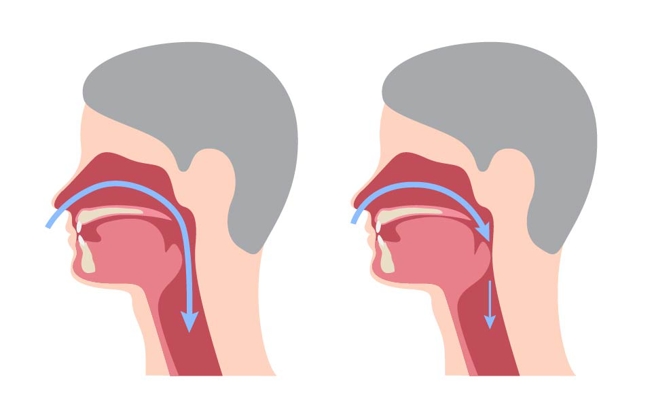Understanding Your Cholesterol Numbers
- Category: Cardiovascular, Education, Healthy Diet, Healthy Eating, Heart Disease Education, Heart Health, family care
- Posted On:

Healthy Cholesterol Levels
While most people know that having high cholesterol can have adverse effects on your cardiovascular health, it's important to understand your reading to help you maintain healthy cholesterol levels. In light of National Cholesterol Education Month, the health experts at Parrish Healthcare are here to outline the healthy ranges for each type of cholesterol.
Total Cholesterol
As the name suggests, your total cholesterol is the total amount of cholesterol found in your blood. This is a combination of your low-density lipoprotein and high-density lipoprotein levels.
To be considered healthy, your total cholesterol levels should be less than 200 mg/dL.
LDL (Bad Cholesterol)
Low-density lipoprotein (LDL) is known as the “bad” cholesterol because it contributes to fatty plaque buildup in the arteries, making up most of the cholesterol in the body. Having high levels of LDL can increase your risk for developing heart disease and for cardiac events like heart attack and stroke.
For your LDL levels to be considered healthy, they should be lower than 130 mg/dL.
HDL (Good Cholesterol)
High-density lipoprotein is often referred to as the "good" cholesterol because it helps to reduce your total cholesterol levels. HDL absorbs LDL and transports it to the liver, where it can then be broken down and removed from the body as waste.
For your HDL levels to be considered healthy, they should be 60 mg/dL and higher.
Cardiovascular Care in Titusville
When it comes to supporting your cardiovascular health, your Parrish Healthcare Cardiovascular team are experts in the art of healing your heart, lungs, and veins.
If you have heart-related health concerns, take our HeartAware Health Risk Assessment. It takes just a few minutes to receive your personalized and confidential information.



